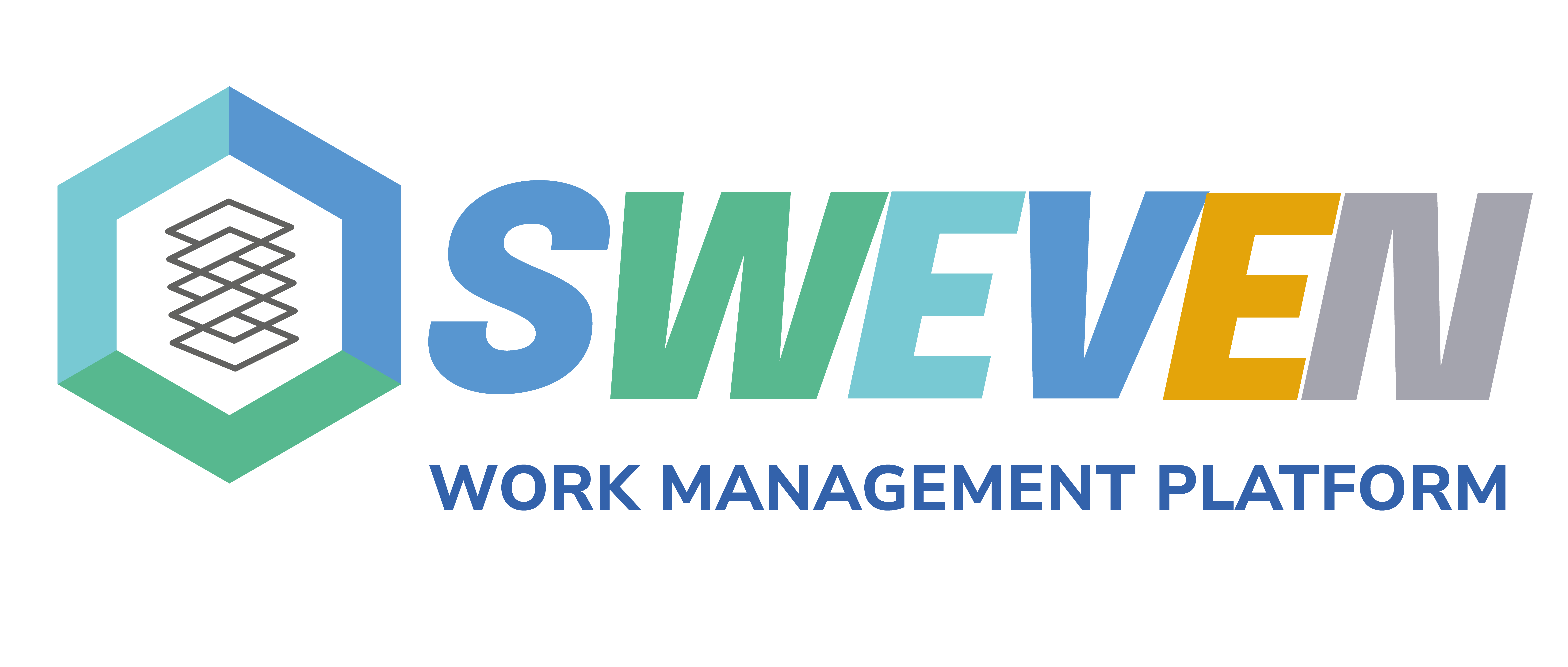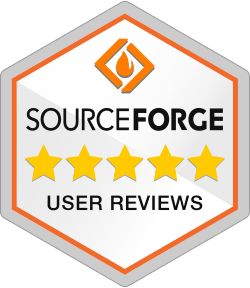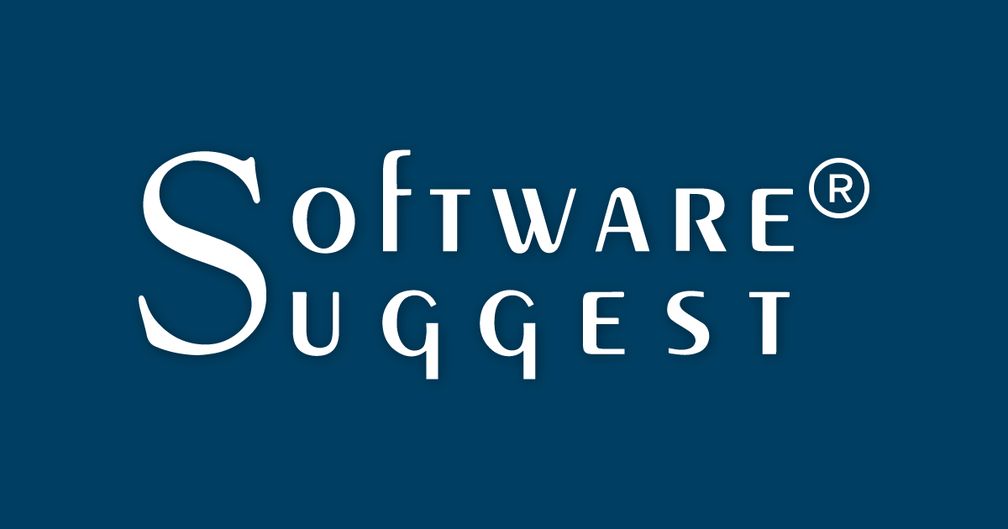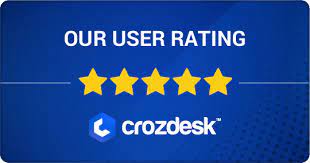Introduction:
In the complex landscape of business operations, contracts serve as the foundation of relationships between parties, outlining rights, obligations, and terms of agreement. However, poorly managed contracts can expose organizations to legal disputes, liabilities, and regulatory non-compliance, jeopardizing business interests and reputation. To address this challenge, organizations must adopt a comprehensive contract management approach. In this blog post, we explore how leveraging contract management software can centralize contract documentation, automate compliance monitoring, and mitigate legal risks, thereby ensuring regulatory compliance and safeguarding business interests.

The Challenge of Poorly Managed Contracts
Contracts are legally binding agreements that govern business transactions and relationships. However, managing contracts manually or with outdated systems can lead to inefficiencies, errors, and oversights that increase the risk of legal disputes and liabilities. Without proper oversight and control mechanisms, organizations may struggle to enforce contractual obligations, track key milestones, and ensure compliance with regulatory requirements, exposing them to legal and financial risks.
The Solution: Comprehensive Contract Management
Enter contract management software—a sophisticated solution designed to streamline the entire contract lifecycle, from creation and negotiation to execution and renewal. By leveraging contract management software, organizations can centralize contract documentation, automate compliance monitoring, and proactively manage legal risks, thereby enhancing efficiency, accuracy, and compliance throughout the contract lifecycle.

Key Benefits of Utilizing Contract Management Software:
- Centralized Contract Repository: Contract management software provides a centralized repository for storing, organizing, and accessing contract documents, eliminating the need for manual paperwork and ensuring easy retrieval of critical information.
- Automated Workflow and Approval Processes: Streamline contract creation, review, and approval processes with automated workflows, reducing cycle times, and improving collaboration among stakeholders.
- Compliance Monitoring and Notifications: Automatically monitor contract milestones, deadlines, and compliance requirements, and receive notifications for upcoming renewals, expirations, or regulatory changes, ensuring timely action and adherence to contractual obligations.
- Risk Identification and Mitigation: Identify potential legal risks and liabilities through comprehensive risk analysis tools, enabling proactive risk mitigation strategies and contract renegotiation to protect business interests.
- Audit Trails and Document Versioning: Maintain a complete audit trail of contract activities and revisions, track document versions, and capture electronic signatures to ensure document integrity and legal enforceability.
Implementation Strategy:
- Assessment of Current Processes: Evaluate existing contract management processes, identify pain points, and define specific objectives for implementing contract management software.
- Selection of Suitable Software: Research and choose contract management software that aligns with organizational requirements, considering factors such as scalability, integration capabilities, and user-friendliness.
- Customization and Configuration: Customize the software to fit specific contract management needs, configure workflows, templates, and approval processes based on organizational policies and requirements.
- Training and Adoption: Provide comprehensive training to users on using the contract management software effectively, and encourage adoption across departments involved in contract management.
- Continuous Monitoring and Improvement: Regularly monitor contract performance metrics, gather feedback from users, and identify areas for improvement to optimize contract management processes iteratively.

Conclusion:
In conclusion, comprehensive contract management is essential for mitigating legal risks, ensuring regulatory compliance, and safeguarding business interests. By leveraging contract management software, organizations can centralize contract documentation, automate compliance monitoring, and proactively manage legal risks throughout the contract lifecycle. Embracing a technology-driven approach to contract management not only enhances efficiency and accuracy but also protects organizations from legal disputes, liabilities, and reputational damage. Ultimately, investing in comprehensive contract management is an investment in the stability, integrity, and long-term success of the organization in today’s dynamic business environment.

























